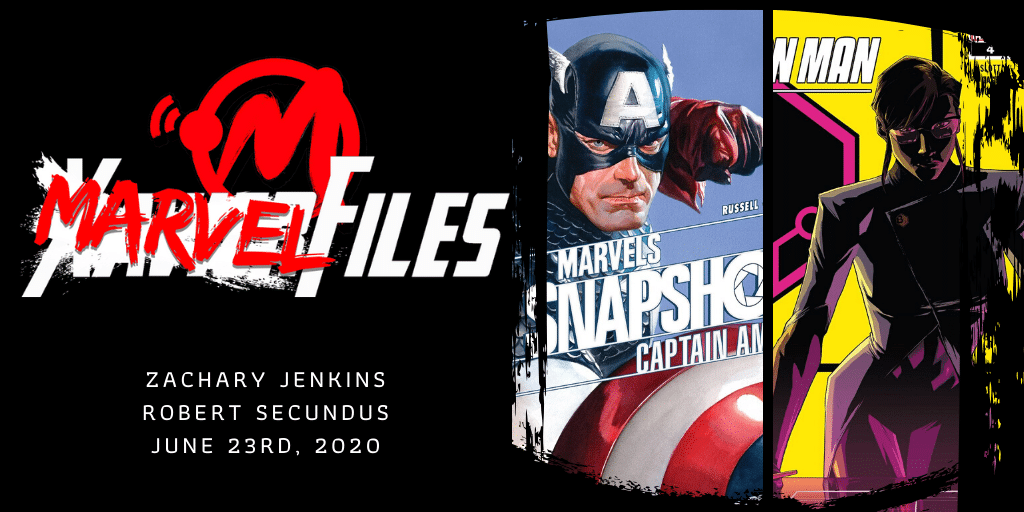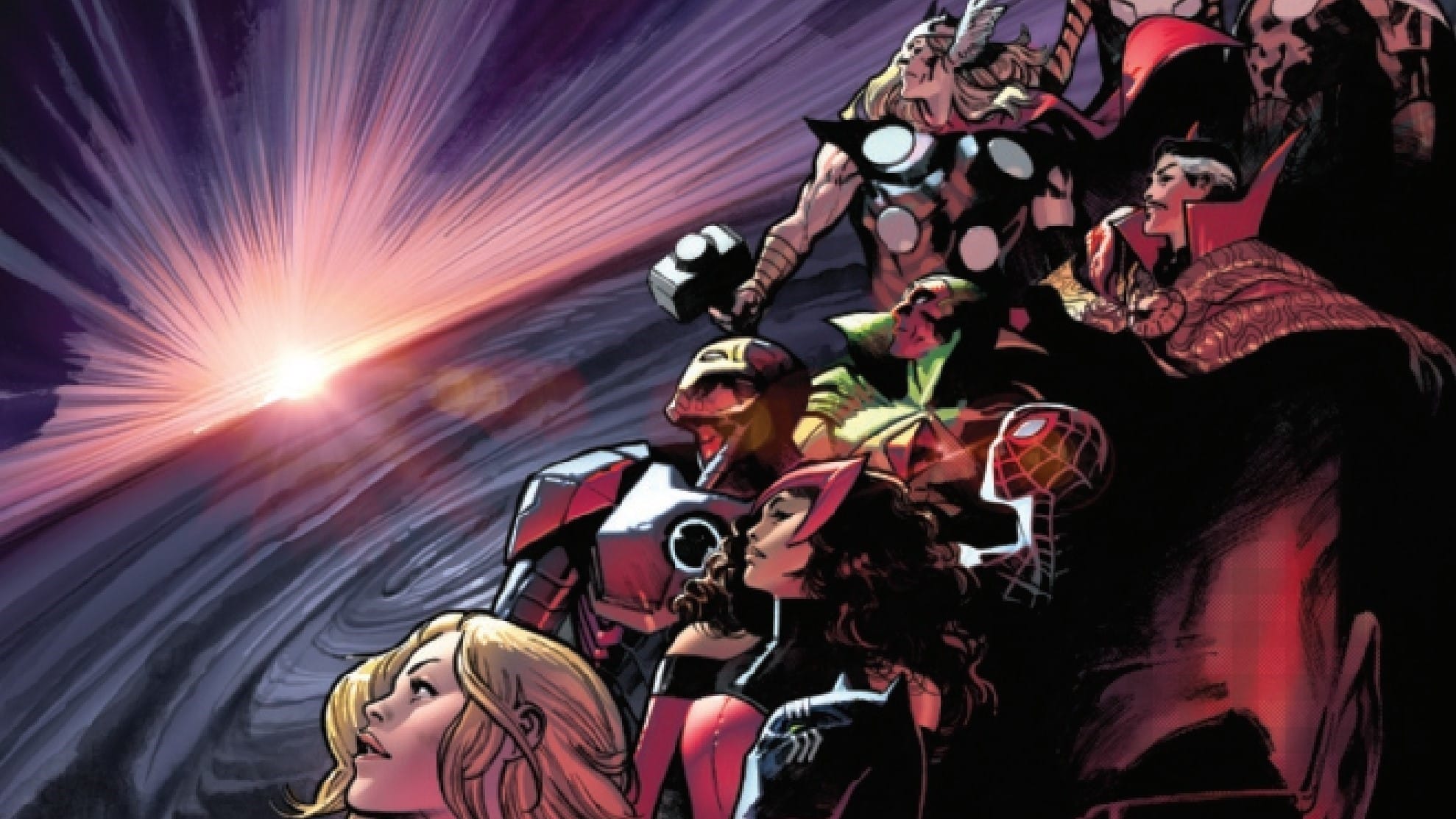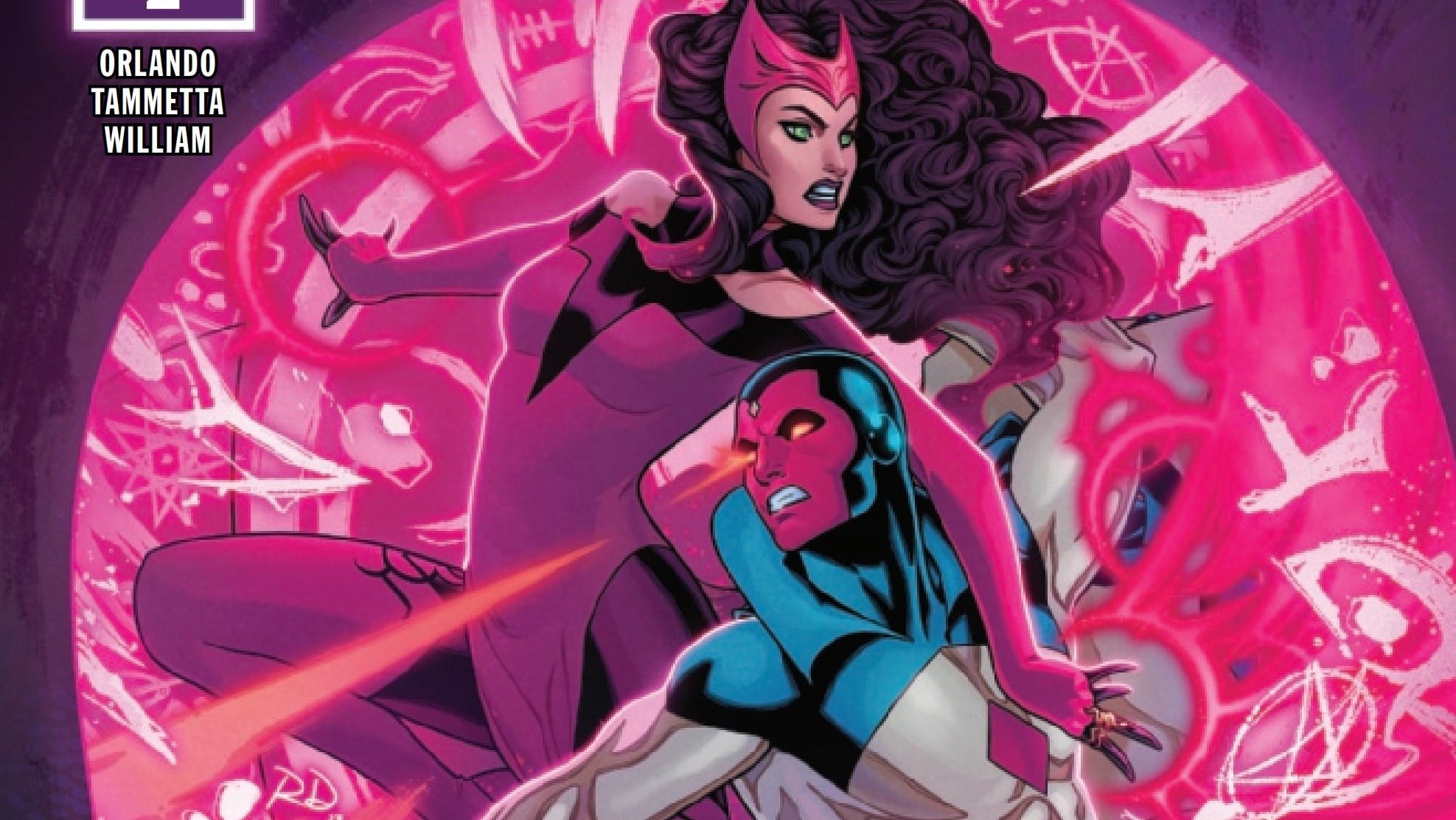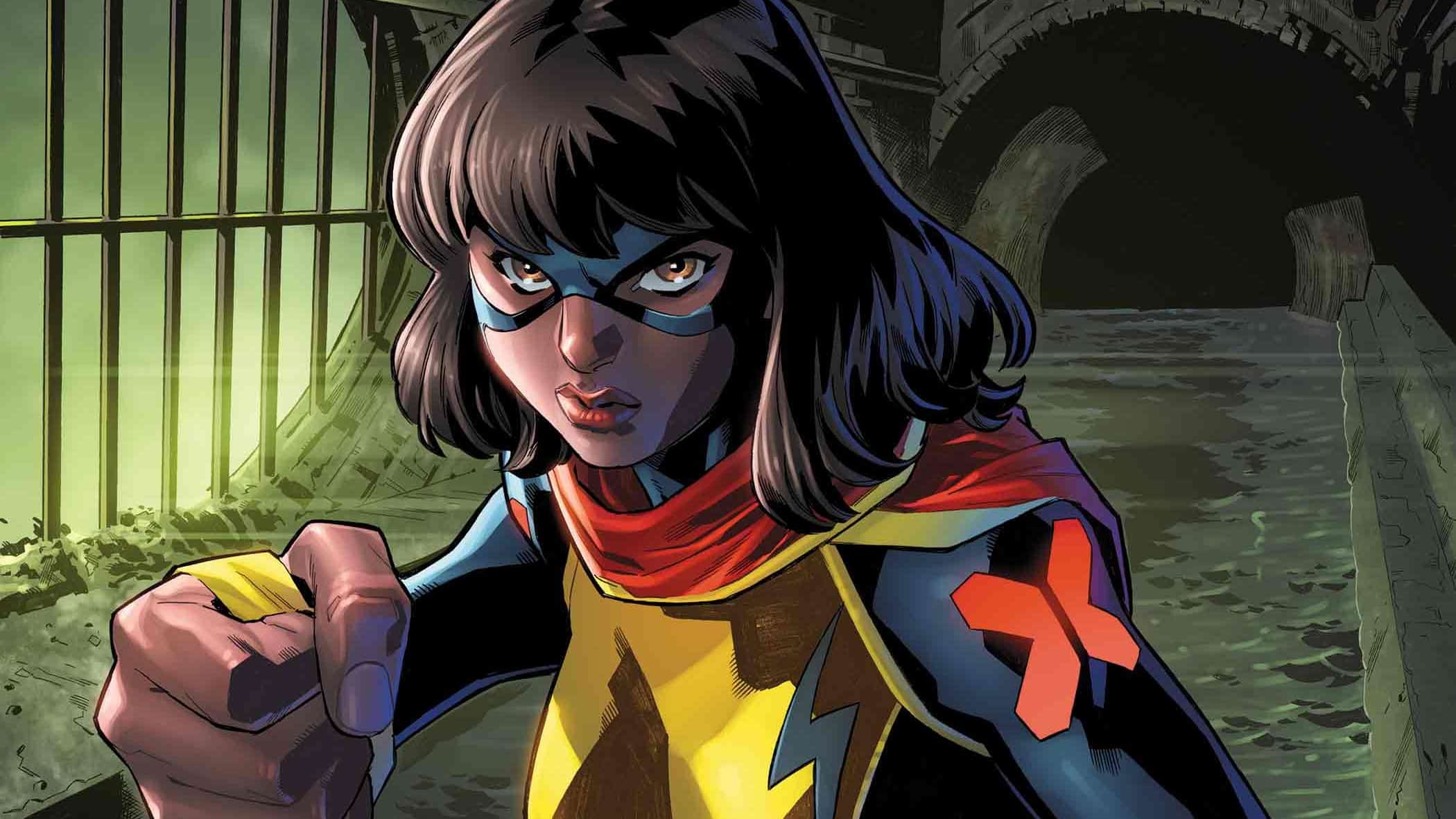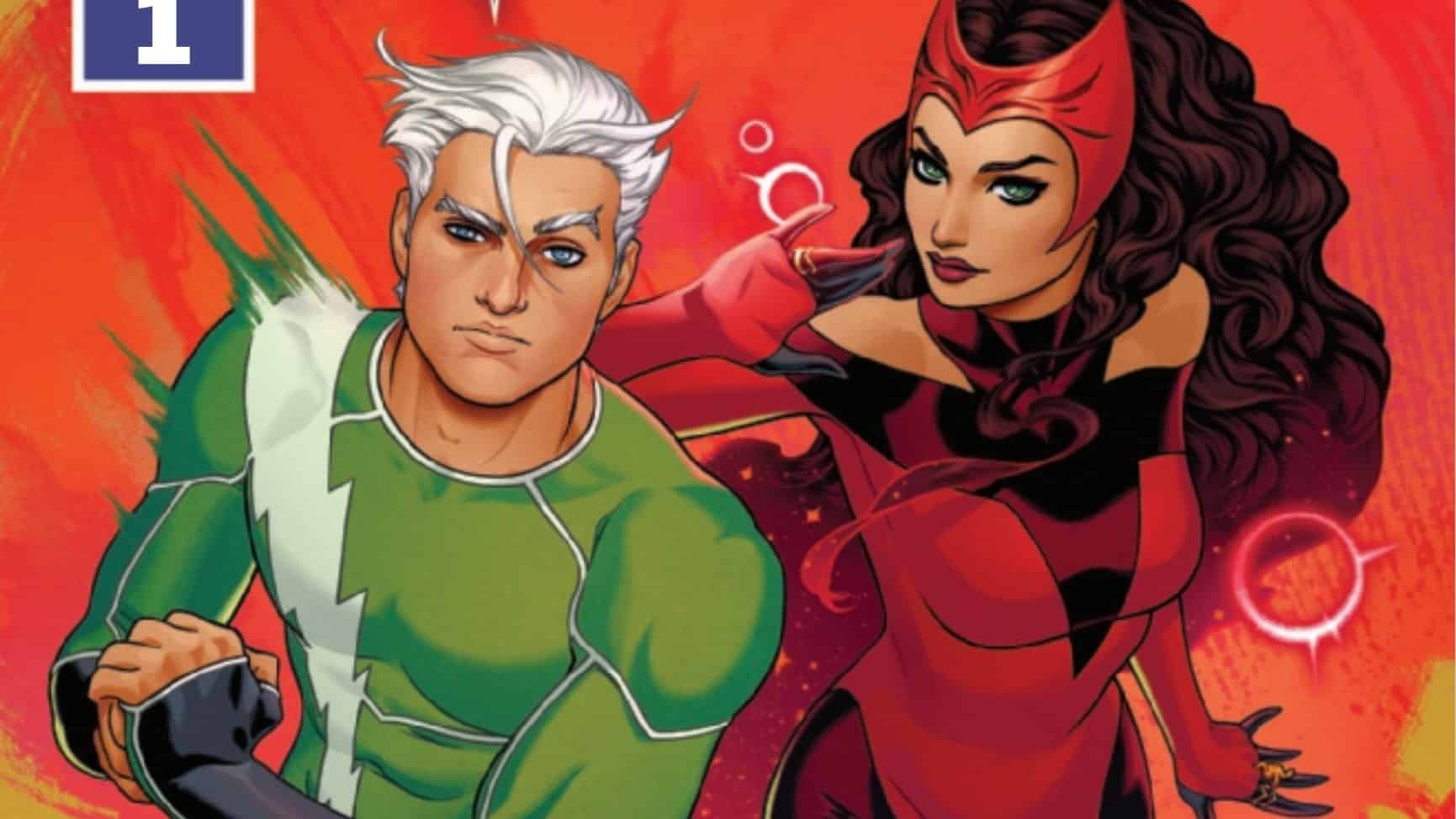Hello friends and readers, we’re hitting a twofer this week as the Kurt Busiek helmed Marvel Snapshots returns with a Zack Jenkins review of Russell, Pérez, and Renzi’s take on Captain America. And if the real 2020 doesn’t do it for you, Robert Secundus is here to discuss Iron Man 2020 #4 by Slott, Gage, Woods, and Woods.
Captain America: Marvel Snapshots #1
Back in the halcyon days of 2013, the idea of collateral damage in superhero stories was inescapable. Zack Snyder’s Man Of Steel had a third act built around Superman’s battle Zod, and the mass destruction that came from that clashing of titans. In the real world, people were challenging President Obama’s use of drones in the killings of suspected terrorists and the approval of military intervention in civil war torn Syria. There was a deep running undercurrent questioning what the “good guys” leave in their wake after “saving the day”.
Captain America: Marvel Snapshots #1 picks up on those threads, threads the medium never addressed outside of adding throw away lines to assure audiences that all civilians had been evacuated before our heroes unleashed violent carnage.Mark Russell has made a name for himself by subverting the expectations of readers with books like Prez and The Flintstones over at DC. That subversion makes him an inspired voice for this title. Who else is a better writer for a character like Captain America, a man whose unwavering moral code is based on the dream that his nation never came close to living up to? Pulling him in to tell the story of a regular person in the world of the amazing, ala curator Kurt Busiek’s Marvels & Astro City, is an inspired choice.
This is a tale of collateral damage, what happens to the communities after Cap and Falcon deal with whatever imaginative plot Jack Kirby came up with for them. Artist’s Ramón Pérez and Rico Renzi zero in on the emotion of civilians like Felix Waterhouse. He’s a poor kid in a neighborhood that didn’t offer much opportunity before some rich, white, terrorists unleashed the Madbomb and destroyed any chance he had at advancing his station. Pérez’s character acting drives home the desperation, the resentment, and the internalized sadness Felix feels when he’s told the fallout means won’t have the money to go to college. It’s those subtle moments that amplify the emotions in this comic.
There’s a quiet moment near the end, an admission by Captain America that’s more powerful than any statement about collateral damage that these power fantasies have made in the years since Man Of Steel. Other writers should pay attention, it’s not just about saving the world.
Iron Man 2020 #4
In 2015, Iron Man wasn’t really Iron Man anymore. One of the few long-lasting effects of the extremely justly maligned AXIS was an evil, megalomaniacal Tony Stark, who had weaponized technology for his own profit. And then, the Marvel Universe ended and was reborn. Tony Stark– you know, from movies! Tony Stark– from the most popular movies in all of history! That Tony Stark was back! For a minute, at least. He was soon replaced by Riri Williams and Doctor Doom. And then he was back! But no, this “Tony Stark” was an AI replica of the Tony that died in Civil War II. And so Arno Stark became the titular Iron Man. And now? What’s the final page reveal of what seems to be the climax, or near-climax, of the crossover?
Tony Stark is back!
Again!
Setting up a recently announced relaunch of the Iron Man title that Marvel claims will take a “back to basics” approach to Tony Stark!
Again!
So, what’s the deal here? Why is Iron Man stuck in a perpetual cycle of reinvention and return to baseline, at a far more rapid pace than most comic characters?
I think, at this point, we all need to acknowledge that Tony Stark doesn’t work in 2020 the way he did in 2008. The MCU has moved on from him, and the 616 seems desperate to move on from him as well. It routinely moves on from him, until, inevitably, Marvel decides that they need to once more shift the 616 towards Phase One of its movies, as they continue to labor under the misguided notion that this shift will, by itself, convince moviegoers to physically go to a specialty hobby shop and sign up for preorders of monthly physical pamphlets that cost 8 times as much per minute of entertainment, then return to that shop every month to physically pick up their copy of an Iron Man comic book, in, again, 2020.
Anyway. Iron Man 2020 #4 concludes with a big speech that Versions of Tony Stark make to Tony Stark. The speech is meant to convince Tony Stark that he is awesome: “By the time you were a teenager, you’d traveled the world, climbed mountains, set land speed records and out-partied frat houses. You’d had a life it would take most people ten lifetimes to Live. By the time you took the reins of Stark Industries, you’d already surpassed your father. You thought of things that didn’t exist and made them real. Took a great company and turned it into an empire.”
In 2020, a rich kid who partied hard then “turned [a company] into an empire” isn’t a hero. In 2020, “billionaire playboy genius philanthropist” sounds like an appropriate line from Dario Agger, a villain trying to frame his predatory nature as hip and cool, not a hero worth following from adventure to adventure.
Iron Man 2020 is a crossover at times entertaining (Ironheart and Rescue, Awesome Andy) at times very much not (H.E.R.B.I.E., in this issue, shouting “Holy ****! Nice cans!” at Jocasta), and often baffling (a Disney property once again, after Solo’s failure, hamfistedly presenting another Robots = Slaves story). But the problem is right there in the title:
It’s 2020. And we’re reading about Tony Stark.

